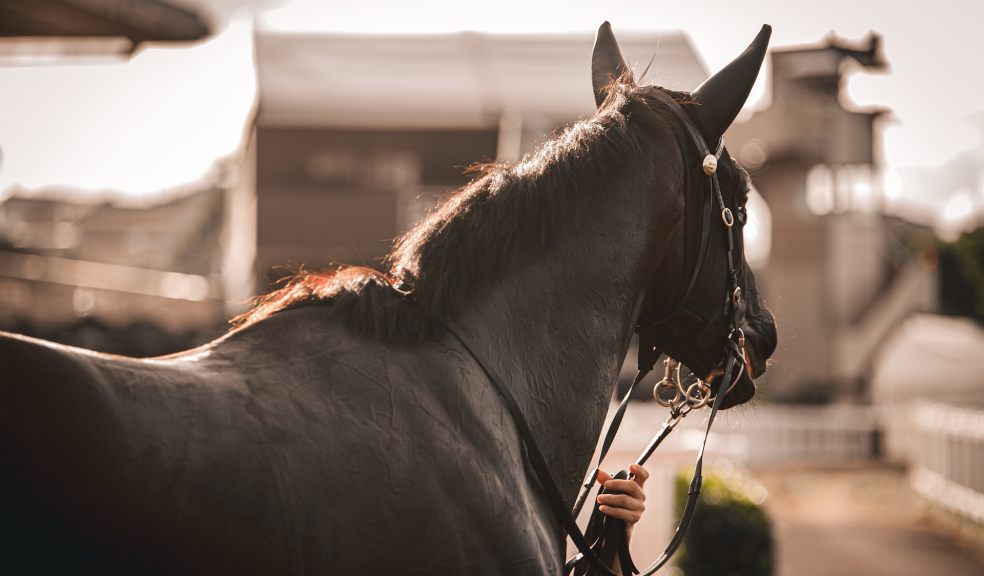
Exeter races: Fun facts and famous wins
Exeter race course is popular for its long, rich history. It is believed to have been brought about in the 17th Century by King Charles II, who founded the race course atop Haldon Hills because of his love for the sport. This is why the Exeter is still known locally as Haldon Races today, although it used to be called Devon-Exeter in the early 1990s. The Jockey Club is believed to have been seeded in the late 1700s, and the rules for racing in the Exeter race course formalised not long after.
This race course is believed to be one of the most elevated in the country, 850 feet above sea level on Haldon Hills overlooking Dartmoor. It is also believed to not only be one of the oldest but a standout spectacle among other race courses as it, unlike most others, is right-handed. While there used to be flat racing in the 19th century, this 2-mile circumference race course now only features National Hunt (N.H) fixtures, with the first flat racing fixture taking place in 1769, and National Hunt races debuting much later in 1898.
Locals have always had a great view of the races, with the original grandstand taking shape in 1911 until it was refurbished and improved later in the late 1990s. In this grandstand, people from all over the country flock to experience any one of Exeter’s National Hunt fixtures. There are about fifteen of them each year, with the Haldon Gold Cup day in November taking the crown. It is crucial to note that the layout of the course is quite demanding, with an uphill finish, which rewards front-running horses with a lot of stamina.
One fact about Exeter race course - one not so fun, especially for the two parties involved - is that it is the site of Devon’s last duel. In 1833, Devon’s last duel was between the Irish Physician Doctor Peter Hennis and a High Court Judge named Sir John Jeffcott. The former was injured in the gun duel with the high court judge, of which he later succumbed to his injuries a week later. The beef is believed to have been birthed out of supposed rumours the doctor traded about Sir John Jeffcott, who later fled the country to Sierra Leone to escape arrest.
On a happier note, Exeter race course has hosted some amazing horses and races that have kept viewers on their tippy toes. It has featured crowd favourites like the Desert Orchid, an English horse known to many as Dessie. The horse became a household name in National Hunt racing, and was loved for his versatility and front running style. Dessie was rated by Timeform as the fifth best National Hunt horse of all time. Another horse that set records and graced Exeter is Best Mate, one of the most popular horses in Britain and now forever immortalized with a statue at Cheltenham.
With earnings well over £1 million, this racehorse won all there was to win. From winning the Haldon Gold Cup in 2001 to the Cheltenham Gold Cup back to back in 2002, 2003, and 2004, Best Mate had an impressive career. He wasn’t the favourite for his first Gold Cup victory, starting at odds of 7/1. However, bookmakers, like those featured on an updated list for September 2023, saw his potential in the second and third times he ran the race as he started as the favourite at odds of 13/8 in 2003 and was odds-on favourite at 8/11 the following year.
The renewed public interest and high-profile races and horses has seen more people trooping to Exeter to appreciate the racing. Meanwhile, fans who can’t physically attend throwing their weight behind their favourite horses and jockeys at bookmakers.

















